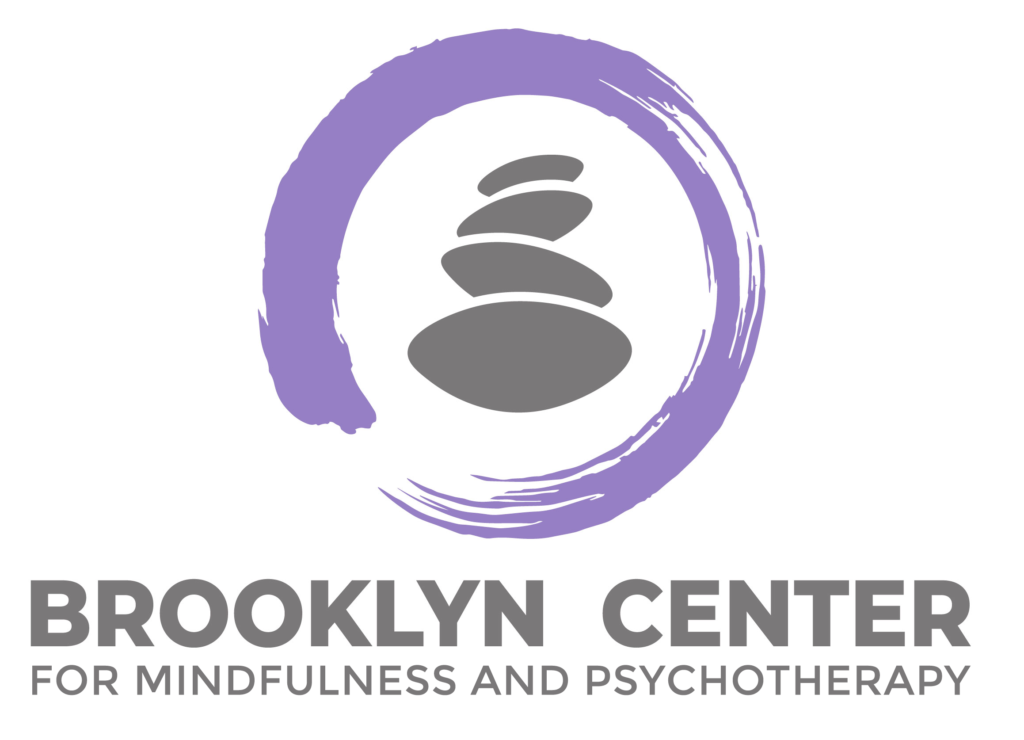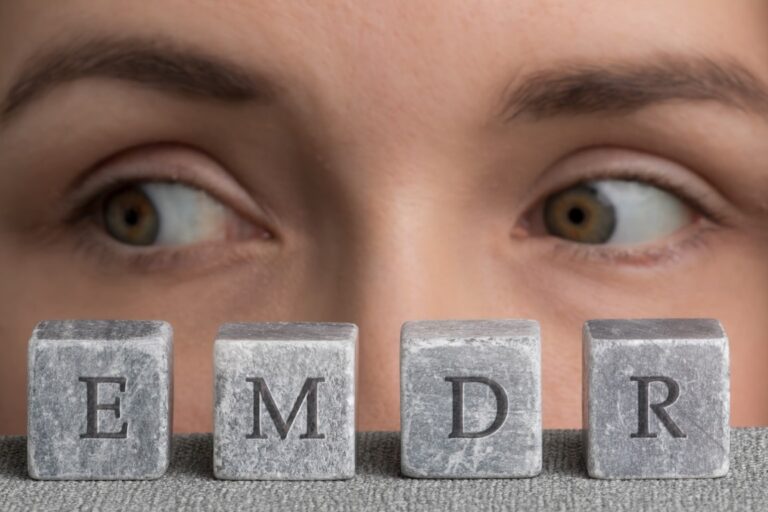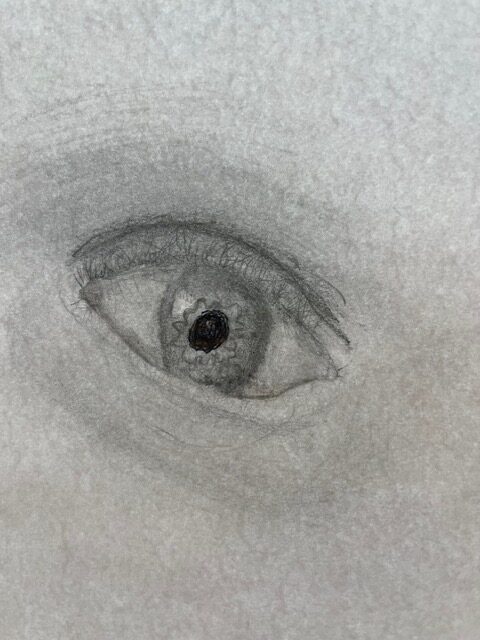Living with Obsessive-Compulsive Disorder (OCD) can be a daily struggle, but many people suffer through it silently and alone. OCD is a mental disorder that affects millions of people worldwide, and yet, it remains widely misunderstood. In this blog post, we’ll delve into the intricacies of OCD to help you better understand what it entails, such as the different types of OCD and what causes it. We will also provide some tips on how to spot the signs of OCD in yourself or someone close to you, and most importantly, how to get the help you need if you live in New York. Let’s break the silence surrounding this disorder together!
Understanding Obsessive Compulsive Disorder (OCD)
Obsessive Compulsive Disorder (OCD) is a type of anxiety disorder that affects millions of people worldwide, including those living in New York. OCD is characterized by unwanted and intrusive thoughts (obsessions) that lead to repetitive behaviors (compulsions). While many people may experience mild obsessive or compulsive behaviors, OCD can significantly impact a person’s daily life, relationships, and mental health.
In New York, where the fast-paced and stressful lifestyle can exacerbate anxiety disorders, it’s crucial to understand the signs and symptoms of OCD. Common obsessions include fear of germs or contamination, fear of harm to oneself or others, and fear of making mistakes. Compulsions often involve repetitive behaviors such as excessive hand washing, counting, or checking. It’s essential to recognize the signs of OCD, seek help from a qualified therapist, and receive appropriate treatment.
Fortunately, there are many types of treatment available for OCD in New York, including cognitive-behavioral therapy (CBT), exposure and response prevention (ERP) therapy, and medication. It’s essential to find a qualified therapist who specializes in treating OCD and to work with them to develop a personalized treatment plan. With the right treatment and support, it’s possible to manage OCD symptoms and lead a fulfilling life in New York.
Types of OCD
- Contamination OCD
This type of OCD involves a fear of germs or contamination. People with this type of OCD may be preoccupied with cleanliness, washing their hands frequently, or avoiding public places.
- Checking OCD
Checking OCD involves a persistent need to check things repeatedly. For example, someone with OCD checking may need to check the locks on their doors or windows multiple times before leaving their home.
- Symmetry and Order OCD
People with this type of OCD may feel a need for symmetry, balance, or order in their surroundings. They may rearrange objects or arrange them in a specific way repeatedly.
- Intrusive Thoughts OCD
This type of OCD involves recurring unwanted thoughts, images, or impulses that are often violent, taboo, or disturbing. People with this type of OCD may feel ashamed or guilty for having these thoughts and may engage in compulsive behaviors to try to alleviate the anxiety they cause.
- Hoarding OCD
Hoarding OCD involves an excessive accumulation of objects or possessions. People with hoarding OCD may have difficulty throwing away items, even if they are no longer useful or are of little value.

Causes of OCD
In New York, environmental factors such as stress, trauma, and exposure to toxins may play a role in the onset of OCD. The fast-paced, high-pressure lifestyle of the city, combined with its crowded and sometimes chaotic nature, can trigger anxiety and exacerbate symptoms in those who are genetically predisposed to the disorder. Additionally, experiences such as abuse, neglect, or a traumatic event may increase the risk of developing OCD.
Neurological factors also appear to be involved in the development of OCD. Studies have shown that abnormalities in certain brain regions, particularly the basal ganglia and the frontal cortex, can affect an individual’s ability to regulate their thoughts and behaviors. This can lead to the intrusive thoughts and compulsive behaviors characteristic of OCD. While the causes of OCD are complex and multifaceted, there is hope for those who struggle with the disorder. With the right treatment and support, individuals with OCD can learn to manage their symptoms and lead fulfilling lives.
Treating OCD
Obsessive Compulsive Disorder (OCD) is a challenging and often debilitating condition that affects millions of individuals around the world. In New York, where the pace of life is fast and intense, OCD can be especially difficult to manage. Fortunately, there are a variety of effective treatments available for those struggling with OCD in New York.
The most common treatments for OCD include therapy and medication. Cognitive-behavioral therapy (CBT) is a widely recognized therapy approach that helps individuals with OCD recognize and modify their thought patterns and behaviors. Exposure and response prevention (ERP) therapy is a specific type of CBT that involves gradually exposing the individual to their fears and teaching them how to resist the urge to engage in compulsive behaviors. In addition to therapy, medication such as selective serotonin reuptake inhibitors (SSRIs) can help alleviate OCD symptoms.
For individuals living with OCD in New York, finding a qualified therapist is essential. It is important to work with a therapist who has experience treating OCD and who is knowledgeable about the latest research and treatment approaches. Support groups can also be helpful for individuals with OCD to connect with others who understand their struggles and can provide encouragement and advice.

How to Spot the Signs of OCD
The signs of OCD can vary from person to person, but common symptoms include persistent, unwanted thoughts or images, and repetitive behaviors or rituals, such as excessive hand washing or checking locks. These compulsions can take up significant amounts of time and interfere with daily life, causing distress and anxiety. Additionally, individuals with OCD may also experience other mental health disorders, such as depression or anxiety.
Recognizing the signs of OCD early can lead to more successful treatment outcomes. If you or someone you know is experiencing symptoms of OCD, it’s essential to seek professional help. A qualified therapist can provide evidence-based treatments, such as cognitive-behavioral therapy or medication, to help manage symptoms. Support groups can also be helpful for individuals living with OCD and their families, providing a safe and understanding environment to share experiences and coping strategies.
Getting Help for OCD in New York
The first step in getting help is to find a qualified therapist who specializes in OCD. Many therapists in New York have experience treating OCD, but it’s important to find one who uses evidence-based treatment methods such as cognitive-behavioral therapy (CBT). This type of therapy involves teaching individuals coping strategies to manage their symptoms and helping them to gradually face their fears.
In addition to therapy, medication can also be an effective treatment for OCD. A psychiatrist can prescribe medication such as selective serotonin reuptake inhibitors (SSRIs) to help reduce symptoms. It’s important to note that medication alone is not a cure for OCD and should be used in conjunction with therapy.
Overall, seeking help for OCD in New York can be a challenging process, but it’s a crucial step towards managing the condition and living a fulfilling life. By finding a qualified therapist and using evidence-based treatment methods, individuals with OCD can learn to manage their symptoms and regain control over their lives.
Conclusion
In conclusion, OCD is a complex and challenging disorder that can have a significant impact on an individual’s life. It’s crucial to recognize the signs and symptoms of OCD and seek professional help as early as possible. With the right treatment approach, individuals with OCD can learn how to manage their symptoms and improve their quality of life. If you or someone you know in New York is struggling with OCD, don’t hesitate to reach out for help. At Brooklyn Mindful, their team of qualified therapists can provide evidence-based treatment to help individuals with OCD learn coping strategies and face their fears. Taking the first step towards seeking help is often the hardest, but it’s an important one in the journey towards recovery and living a fulfilling life.




